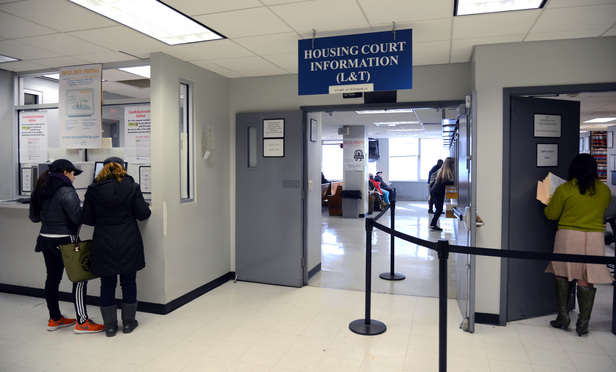
Hannah Lewis (Student)
The New Year brought with it a new change to the law surrounding marriage and civil partnerships. As of New Year’s Eve mixed-sex couples in England and Wales have begun to enter into a civil union that will benefit from the same legal and financial protections offered to married couples. Until this, only same sex couples could enter into a civil partnership.
The campaign to have the law changed was spearheaded by Rebecca Steinfeld and Charles Keidan who will be among the first couples to have a heterosexual civil partnership. After being turned away from the registrar’s office five years ago, the couple decided to bring a judicial review arguing that the Civil Partnership Act 2004 breached Article 14 of the European Convention on Human Rights because it discriminated against mixed sex couples. The couple won a landmark victory in the Supreme Court in June 2018 when it was agreed that the legislation was indeed incompatible with human rights law. This led to Theresa May, the Prime Minister at the time, amending the Act which came into force on December 2nd, 2019.
So, what is a civil partnership? It is a legally recognised relationship with the same legal and tax benefits as a traditional marriage. As with marriage, couples who wish to enter into a civil partnership must “give notice” at a registrar’s office 28 days before the union. There must be a registrar and two witnesses to the signing of the partnership but there is no stipulation for the couple to make vows to one another. Essentially, there is no practical difference between marriage and civil partnerships except a person’s personal beliefs that they are entering into a partnership without any religious associations.
The government estimates that as many as 84,000 ceremonies will be conducted within the first year as couples take advantage of a right originally legislated for LGBTQI couples. Unlike couples who choose to cohabit rather than marry, civil partners are entitled to the same property, pension, inheritance, tax and next-of-kin rights as married couples. Cohabiting families are the fastest growing family type, with 48 percent of children being born to unmarried couples in 2017. This change in legislation may encourage those who see marriage as an antiquated institution to benefit from the same protection as a married couple.
SULAC offers free legal advice on all family matters. We hold surgeries in Stoke on Trent and Stafford. Please call 01782 294800 for an appointment.










